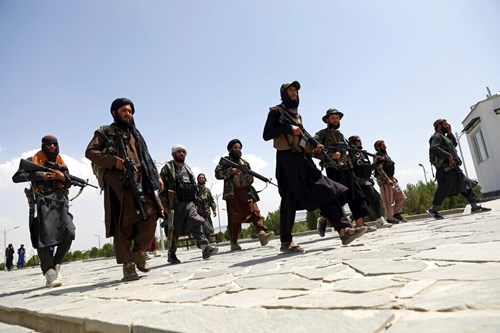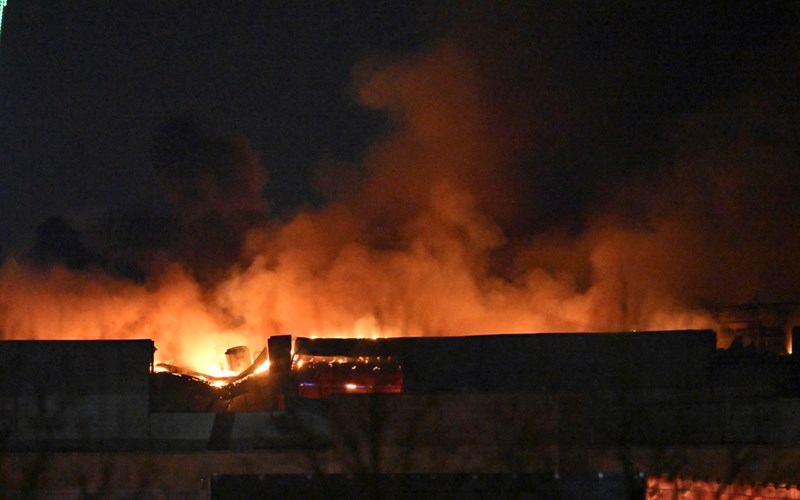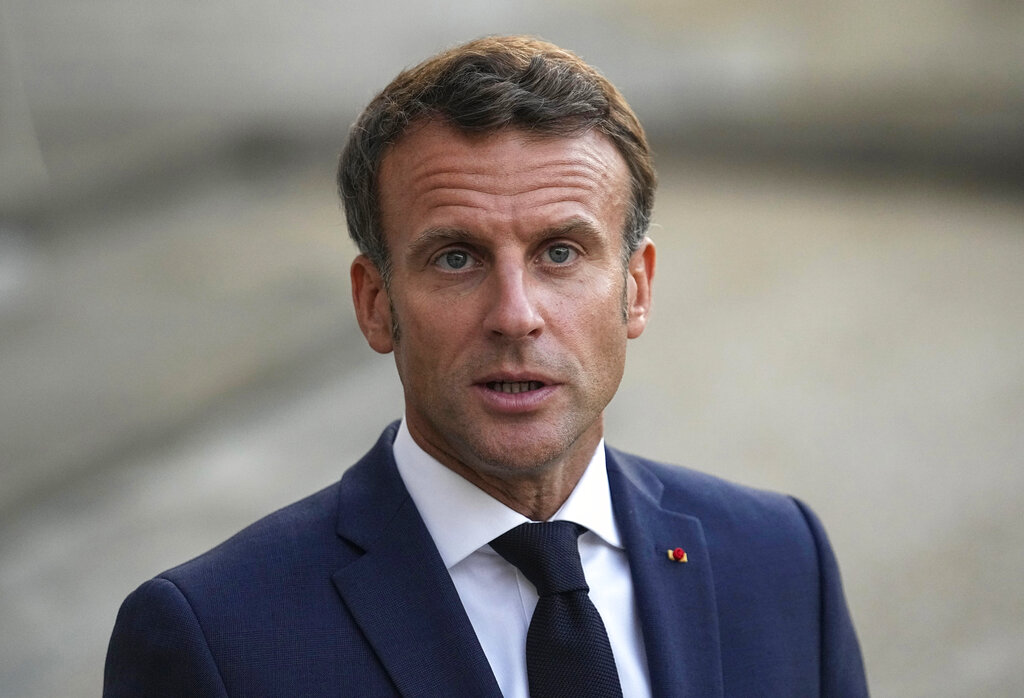More than 130 people died when gunmen opened fire at a concert hall in the Russian capital on March 22. The group known as Islamic State-Khorasan – ISIS-K – quickly claimed responsibility. Since al-Qaeda attacks against New York and Washington in 2001, there has been no attack of similar scale on U.S. soil – but Americans are being advised to be on alert.
"ISIS in general, but ISIS-K in particular, has a strong desire to attack our homeland. We should believe them when they say that," retired Gen. Frank McKenzie, a former Centcom commander, said on ABC's "This Week" Sunday.
"They're going to try to do it. The threat is growing," he added. "We should expect further attempts of this nature against the United States as well as our partners and other nations abroad. This is inevitable."
The Khorasan emphasis – a northern Iran region – connects the group to the origin of the Islamic State. ISIS-K – an opponent of the Taliban – emerged in eastern Afghanistan in late 2014 and blossomed further in the United States' chaotic departure from the country seven years later. Robert Maginnis describes the group as "ambitious."

"They would like to attack the Great Satan, the United States, and will do everything possible to do that. When we departed Afghanistan at Mr. Biden's request, they became more powerful. We need to be concerned that something like [Moscow] could happen in this country as well," Maginnis, the Family Research Council's senior fellow for national security, said on Washington Watch Monday.
The ISIS-K rap sheet
ISIS-K has a history of attacks, including against mosques, in and around Afghanistan, Reuters has reported.
Earlier this year, for example, the U.S. intercepted transmissions linking the group to two bombings in Iran that killed nearly 100 people. In September 2022, ISIS-K militants claimed responsibility for a deadly suicide bombing at the Russian embassy in Kabul.
The group was also responsible for an attack on Kabul's international airport in 2021 during the disarray of the U.S. withdrawal. Thirteen U.S. troops and many more civilians died then, according to Reuters.
 According to a January U.N. report, the Taliban's efforts to defeat the group have led to a fall in the number of attacks within Afghanistan. Bombings have not stopped, however, Reuters reported.
According to a January U.N. report, the Taliban's efforts to defeat the group have led to a fall in the number of attacks within Afghanistan. Bombings have not stopped, however, Reuters reported.
ISIS-K's influence has begun to spread elsewhere in the Middle East, including Tajikstan, to the north of Afghanistan, which produced the four suspects involved with the Moscow attack.
"They have tentacles not only in Central Asia, but all the way to northern and Central Africa," Maginnis told show host Jody Hice.
Maginnis said the terror threat to the U.S. is the highest he's seen it since 2001, and that ISIS-K represents a "very vicious group of people, a very radicalized version of the Islamic faith."
FBI Director Christopher Wray has also sounded the alarm on the terror threat facing the U.S.
According to The Daily Mail, Wray told the Senate Intelligence Committee in March:
"I think there are many ways the national security ramifications of the issues at the border are better reflected in some ways more by what we don't know about the people who snuck in, provided fake documents, or in some other way got in when there wasn't sufficient information [at the time of their arrival to draw harmful conclusions]. It is almost more significant in our view because [migrants], for the most part, are stopped detained and processed."
Maginnis contends ISIS-K "likely already has a number of terrorists deeply embedded in the United States. With an open southern border like we have, many, many people who have crossed over … don't have our best interests in mind."
What would an attack look like?
The group will latch onto any method of terrorism to achieve its goals but in the past has shown a fondness for weapons of mass destruction, Maginnis said.
"They've always had, like al-Qaeda, an interest in using weapons of mass destruction – chemical, biological, radiological instruments – [but] that doesn't necessarily mean they would use those. What they would do, perhaps, is attack a nuclear facility or they would let off some type of bomb near a chemical site that would have a mass casualty impact," he said.
Unlike 9-11 when a commission charged with evaluating U.S. readiness before the attacks concluded that the government "failed to connect the dots" in advance, the U.S. intelligence community right now is "fixated" on the potential of a terrorist attack here, Maginnis said.
"There's no doubt we're vulnerable," he warned. "We're vulnerable to the things I've pointed out, but also [to] cyber hackers, the Chinese, the Russians and others that have our demise in mind."







